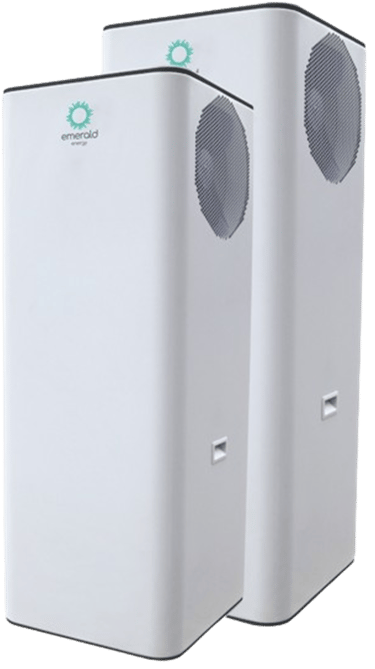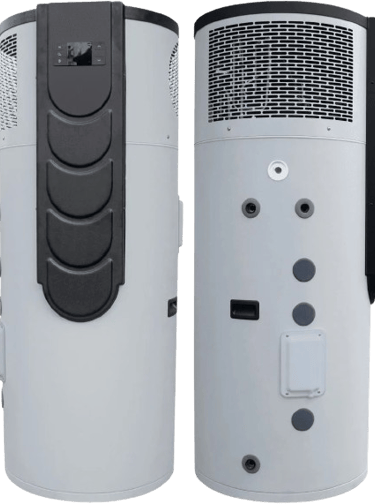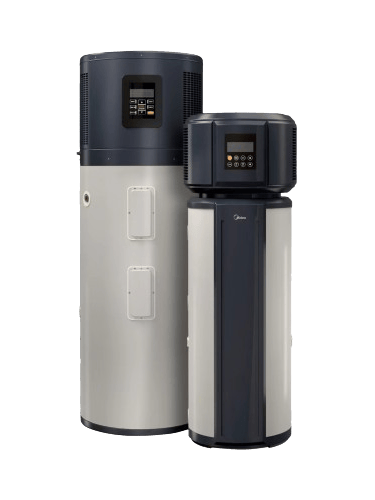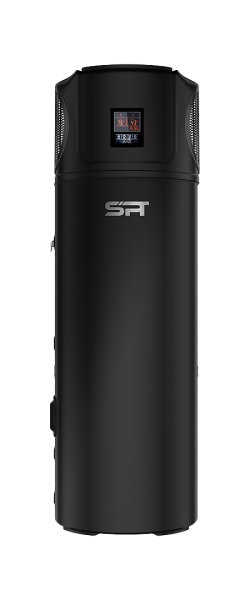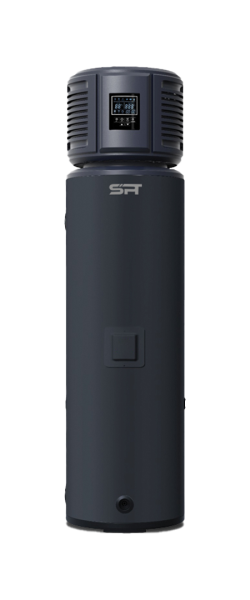Energy Efficient - Hot Water Systems

Heat pumps are commonly used by homeowners for home heating and cooling. Additionally, they can be utilized for water heating, functioning either as an independent water heating unit or a dual-purpose system that heats water and conditions living spaces.
How They Work
Heat pump water heaters operate by transferring heat from one location to another using electricity, rather than producing heat directly. This makes them significantly more energy efficient—up to two or three times—compared to traditional electric resistance water heaters. They function similarly to a refrigerator, but in reverse.
While a refrigerator extracts heat from its interior and releases it into the surrounding room, an air-source heat pump water heater captures heat from the ambient air and transfers it to water stored in a tank at a higher temperature. You can buy an integrated unit with a built-in storage tank and backup resistance heating elements, or retrofit a heat pump to work with an existing conventional storage water heater.
For optimal performance, heat pump water heaters should be installed in locations where temperatures remain between 40ºF and 90ºF (4.4ºC and 32.2ºC) throughout the year, with at least 1,000 cubic feet (28.3 cubic meters) of air space around them. The air that passes over the evaporator can be vented either indoors or outdoors.
These water heaters are less efficient in cold spaces because they tend to cool the area they are in. Placing them in a warm space, like a furnace room, will enhance their efficiency.
You can also opt for an air-source heat pump system that combines heating, cooling, and water heating. Such systems extract heat from outdoor air in winter and from indoor air in summer, working more efficiently in warmer climates.
Geothermal heat pumps, primarily used for heating and cooling homes by drawing heat from the ground in winter and from indoor air in summer, can also be adapted for water heating. Adding a desuperheater—a small, auxiliary heat exchanger that uses superheated gases from the heat pump's compressor to heat water—circulates hot water through a pipe to the storage water heater tank.
Desuperheaters can also be added to tankless or demand-type water heaters. In summer, the desuperheater uses excess heat that would otherwise be expelled to the ground, potentially meeting most of your hot water needs due to frequent operation.
During cooler seasons, the desuperheater produces less excess heat, so you'll need to rely more on your storage or demand water heater. Some manufacturers offer triple-function geothermal heat pump systems, providing heating, cooling, and hot water, using a separate heat exchanger to meet all household hot water needs.
150+
15
Years of experience
Happy clients


If you still have any questions, Feel free to contact us anytime.
Address
2/85 Hume Highway, Somerton VIC 3062
Subscribe to our newsletter
Contacts
03 9021 2021
sales@ecoveta.com.au
VEU - Code of Conduct - Statement of Rights

